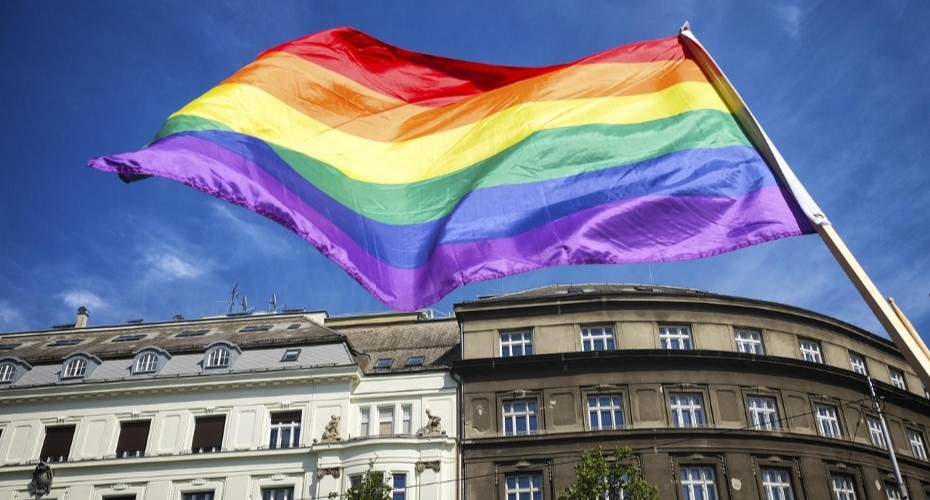Study reveals ‘significant disparities’ for intersex people

New data reveals that intersex individuals – those born in with physical variations of sex anatomy that don’t align with typical notions of a female or male body – are much more likely to experience harassment, bullying, mental ill health and attain a lower level of education.
Researchers including from the University of Exeter Business School used socioeconomic and health data from a nationally representative survey of 44,000 people living in Mexico between 2021 and 2022, including from around 600 intersex respondents.
The data revealed significant disparities in mental and physical health as well as education, with intersex individuals over twice as likely not to complete post-secondary education.
They are also around twice as likely to experience bullying during childhood and adolescence, with experiences that include being rejected or excluded from social activities, being insulted or mocked, having belongings stolen or damaged, being threatened or blackmailed and being physically assaulted.
In adulthood, intersex individuals were around a third more likely to be denied medical attention or medication unjustifiably, and twice as likely to be denied access to public toilets.
Almost 20% of intersex individuals reported experiencing harassment and violence, including being threatened or sexually assaulted, humiliated, embarrassed, or verbally abused; receiving offensive messages and being touched or groped without consent.
Nearly a third of intersex individuals said they were dissatisfied with life, with the cumulative impact of their adverse experiences having a significant impact on mental health.
Forty-six percent reported mental health issues, which included higher levels of insomnia, stress, anxiety, weight concerns and depression.
The severity of mental health issues was underscored by high rates of suicidal intention: intersex individuals were three times as likely to have had suicidal intentions compared with endosex men, and twice as likely compared with endosex women.
In the workplace, intersex individuals were around twice as likely to experience rejection, which took the form of offensive comments or teasing; feeling excluded from events and social activities; unequal treatment in terms of benefits or promotions; and being harassed, assaulted or threatened.
Dr Dario Sansone from the University of Exeter Business School said: “Overall, these findings underscore how vital it is to collect data on intersex individuals and the need for policymakers to recognize and address these socioeconomic and health disparities.
“Despite several initiatives, including a UN resolution specifically targeting discrimination, violence, and harmful practices against intersex persons, a lack of systematic data has kept intersex individuals largely invisible in policy settings, limiting the opportunities for meaningful interventions.
“By presenting evidence of significant disparities based on a nationally representative dataset, this study provides a foundation for future policies aimed at reducing inequalities and improving the well-being of intersex individuals.”
Explaining why the study has relevance beyond Mexico, Dr Sansone said: “Throughout the world, the medical and psychological approach to intersex infants has historically been aimed at concealing any sex variation and surgically altering intersex bodies whenever possible, often without consent. With a few exceptions, this practice is still the current approach. Therefore, it is likely that intersex individuals worldwide suffer from stigma and social exclusion, are victims of harassment and violence, and have lower levels of well-being, as shown for the Mexican intersex individuals considered in our study.”
“The lives of intersex people: Socioeconomic and health disparities in Mexico” is published in PNAS Nexus.



